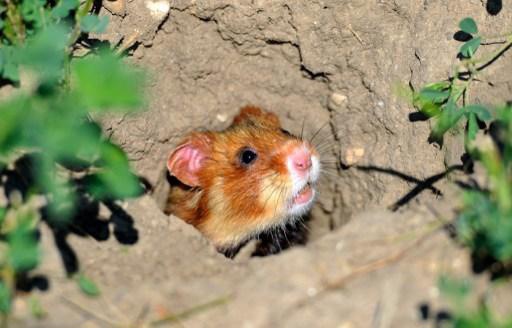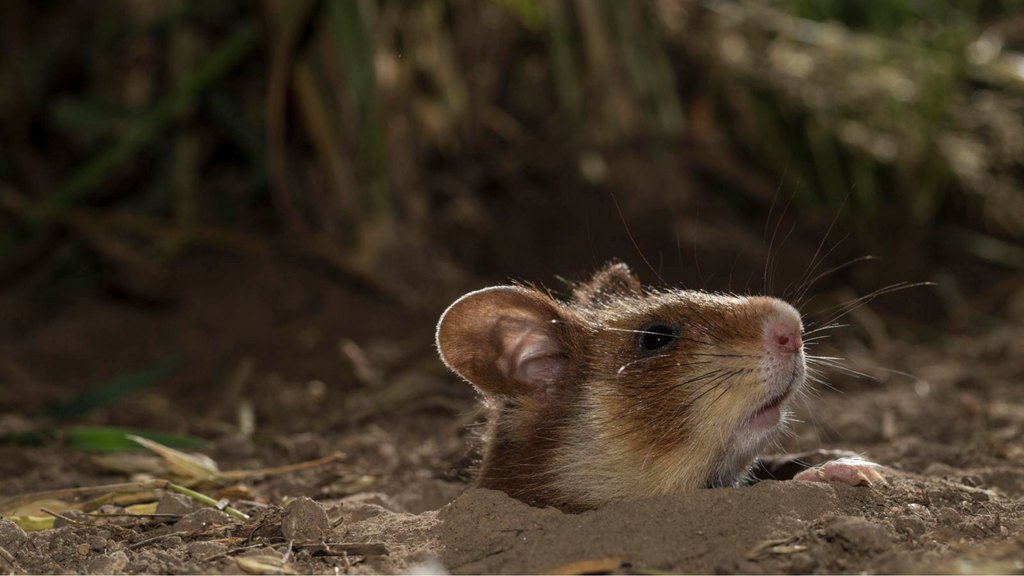Nature conservation organisation Bird Conservation Flanders and Dryade are taking the Flemish Government to court to protect an important yet almost extinct wild hamster population in Flanders.
A species protection program was previously launched by the government from 2015 to 2020, but it was unable to stop the rapid decline of the endangered species.
"The previous program ended in 2020 and we are now halfway into 2023. It has been two and a half years without guided action," says Bird Conservation Flanders and Dryade spokesperson Niels Luyten.
"We hope that with this court case, we can pressure the Flemish government to take stronger, decent ecological measures."
Flanders' most endangered species
The wild hamster is the most endangered species in Flanders, if not in all of Belgium, and is also protected at the European level, the organisation said.
To nurture the species' population back to acceptable numbers, they are demanding at least 600 hectares of land – 100 of which should be dedicated to core habitat spaces in which the wild hamsters can search for food and shelter all year round.
The problem is that the wild hamster is an agricultural species, meaning that its existence relies on agricultural activities. However, these activities have changed radically in the last couple of decades. For example, more and more corn has been cultivated to feed livestock, replacing grains, which wild hamsters prefer.

Credit: Belga
Leverage to solve greater problems
Wild hamsters are an umbrella species: a species targeted with conservation efforts to indirectly support greater parts of the ecosystem. Wild hamsters take cover under flowering plants, which provide nectar for insects, which are then eaten by birds. In other words, measures to protect wild hamsters will benefit the entire food chain.
Moreover, the measures demanded by Bird Conservation Flanders and Dryade stand to help other regional problems. "We use the wild hamster as leverage to accomplish what would be beneficial for a lot of species but also for agricultural activities," says Luyten.
Related News
For example, intense agricultural activities such as ploughing close to roads has made fertile soil more susceptible to erosive events such as rainstorms. Giving hamsters more habitat would not only help other animals, but also protect the soil from further erosion.
According to the organisation, the Netherlands, France and Germany have already set an example of successfully leveraging the protection of wild hamsters to implement further positive change in the region.
"We hope that in the second species protection programme the government will really try to implement change, otherwise a species will die."

